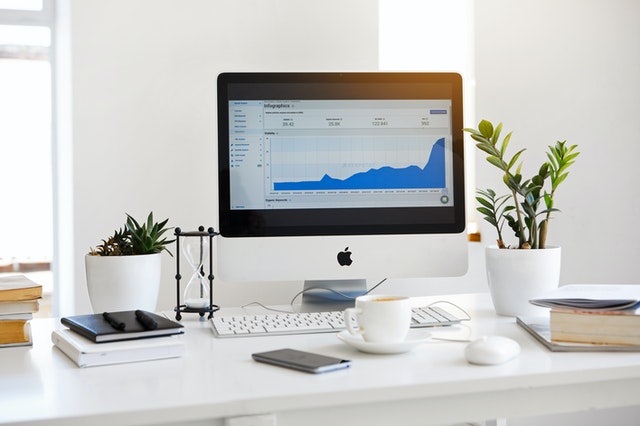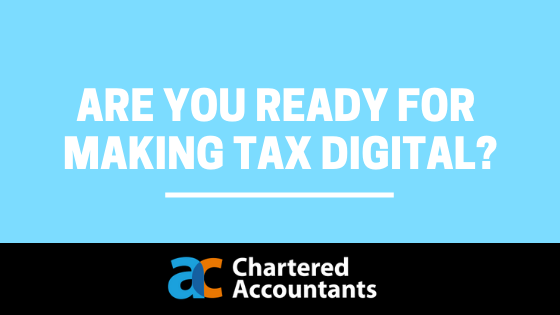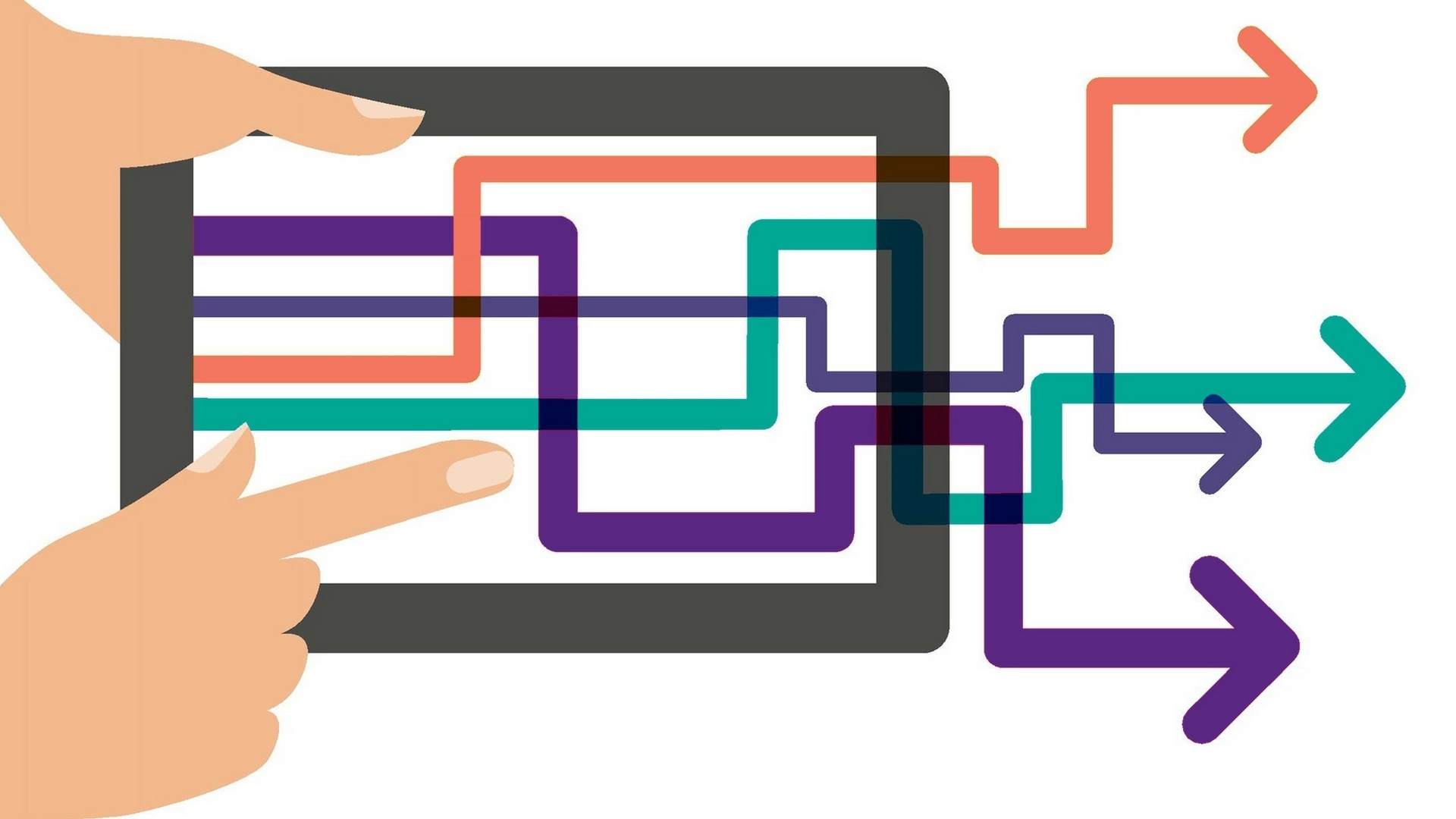
Making tax Digital coming soon for income tax:
VAT registered business making taxable supplies above the £85,000 registration threshold have been grappling with Making Tax Digital (MTD) since April 2019. The next roll-out will be the introduction of MTD for income tax which is scheduled to start in April 2023.
The obligation to keep records in a digital format and report information quarterly will apply to unincorporated businesses and property landlords with gross income in excess of £10,000 a year. Businesses operating MTD for VAT will already have MTD compliant accounting software but the extension of MTD to income tax will mean a major change for property rental businesses who are outside of the current rules.
There are a number of MTD compliant accounting software packages that you might wish to consider and we can of course advise you on the one that is most appropriate for your business. There are even relatively cheap software packages specifically designed for property rental businesses.
INFORMATION IN QUARTERLY MTD FOR INCOME TAX REPORTS
The precise details of what needs to be reported each quarter have yet to be finalised, but the categories of income and expenditure are likely to be the same as currently reported for self-assessment.
The accounting software will need to record income and expenditure into the following main categories:
- Turnover/gross rents
- Costs of goods sold
- Materials
- Wages and salaries of employees
- Sub-contractor costs
- Rent, rates, power, insurance
- Repairs and renewals
- Professional fees
- Telephone and other office costs
- Interest on bank and other loans
- Motor and travel expenses
It is unclear at this stage how loans to finance residential lettings will be reported as those costs are no longer deducted in arriving at rental profits as relief is now given by way of a basic rate tax deduction.
TIMING OF MTD FOR INCOME TAX REPORTS
It is currently proposed that there will be 4 quarterly reports to HMRC followed by a finalisation return when end of year adjustments will be made. For a buy to let business that would mean quarterly returns made up to 5 July, 5 October, 5 January and 5 April. There would then be a MTD finalisation submission the following 31 January.
ABOLITION OF BASIS PERIODS AND NEW TAX YEAR END?We are awaiting further information on MTD from HMRC this summer but one significant announcement on 20 July was draft legislation to abolish basis periods for unincorporated businesses for the 2023/24 tax year to simplify MTD reporting.
That change would apply to sole traders, partnerships, as well as trusts with trading and property rental income. There would also be complicated transitional rules for 2022/23 which could result in a big tax bill that year for some traders.
The Treasury are also consulting on changing the tax year itself from the archaic 5 April year end to 31 March or even 31 December. A calendar tax year would bring the UK into line with most other countries at last!
We will keep you updated when more information comes available.
Need more information?
We offer a wide range of services which are unique to your business and will guide you through making tax digital. Our team of chartered accountants have a wealth of experience in a broad range of sectors and our team work hard to ensure they create smart and effective tax-efficient solutions for start-ups to optimise growth and help them succeed. If you want to learn more about how the team can help or simply want some start-up advice from a trusted accountant do hesitate to contact us. For more information please do hesitate to contact us on 0161 962 1855. Alternatively you can email us using the form below and we will contact you as soon as possible.
Our fantastic team at A&C Chartered Accountants are here to help.









